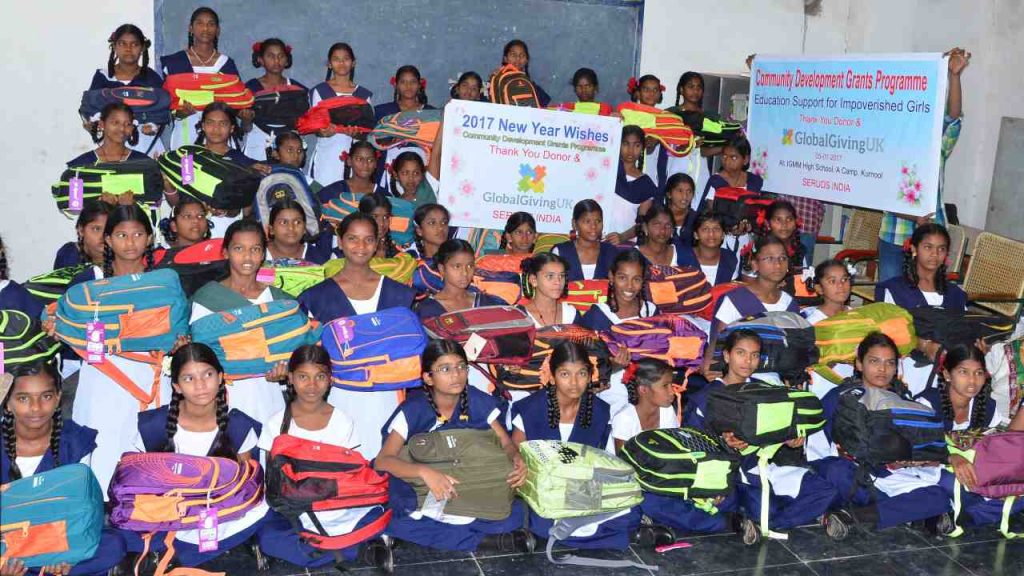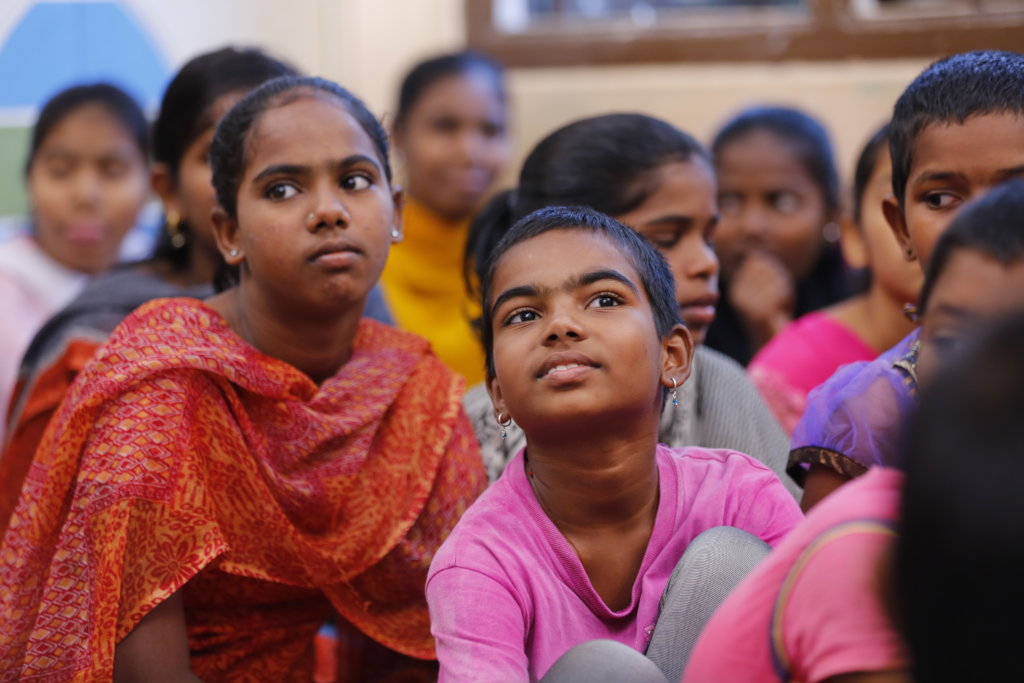Seruds' Contribution:
In the face of these challenges, SERUDS NGO has taken significant steps to improve access to education for children from marginalized communities.
Under the “Sponsor a Child Education” scheme, SERUDS covers all the expenses of a girl’s education through donations. From school fees to other necessary expenses, SERUDS ensures that financial constraints do not hinder a girl’s education.
Additionally, SERUDS implements the “Donate Education Material to Girl Students” scheme, which involves distributing educational material kits to 500 underprivileged students annually. These kits include essential educational resources such as textbooks, notebooks, stationery, and other materials necessary for their learning journey.

Conclusion:
Child education in India is a critical area that demands attention and collective efforts. Despite progress, millions of children, particularly those from marginalized communities, still face significant barriers to accessing quality education. Organizations like SERUDS are making a difference by providing financial assistance and educational resources to underprivileged children. However, much more needs to be done.
We appeal to individuals and corporates, to contribute to the cause of sponsoring a child’s education.
By donating to organizations like SERUDS, we can collectively ensure that every child, regardless of their background, has the opportunity to receive a quality education and unlock their full potential. Together, let’s build a brighter and more inclusive future for India’s children.




